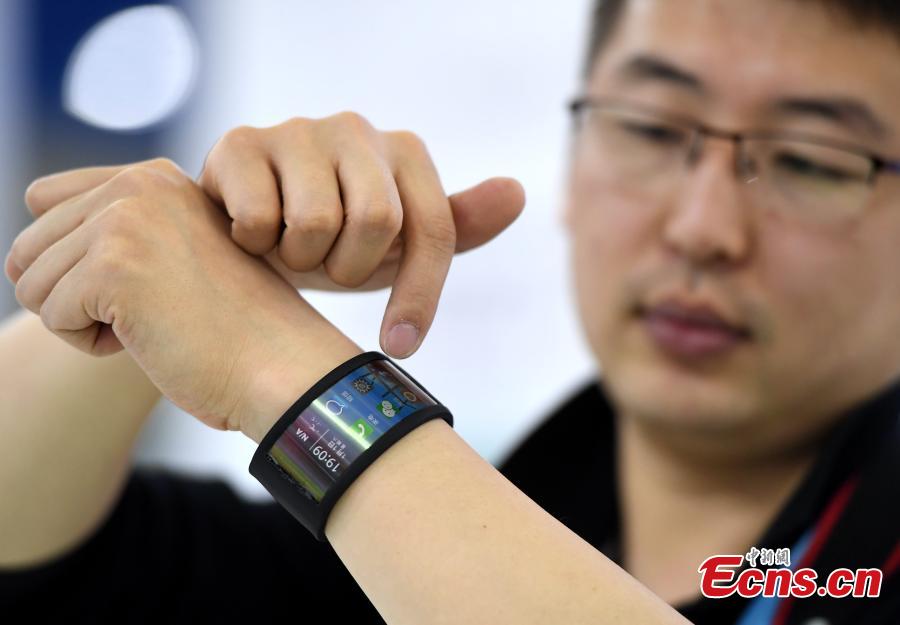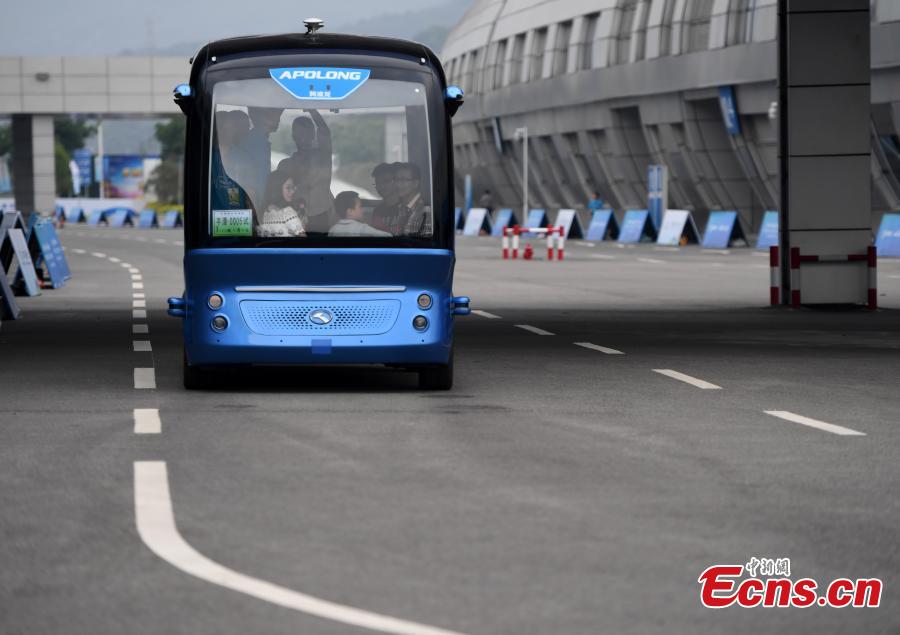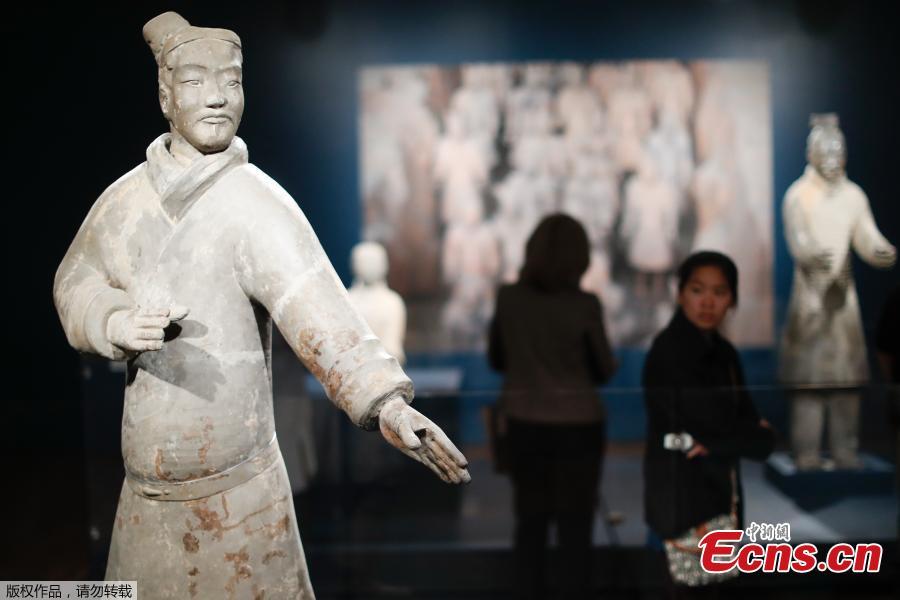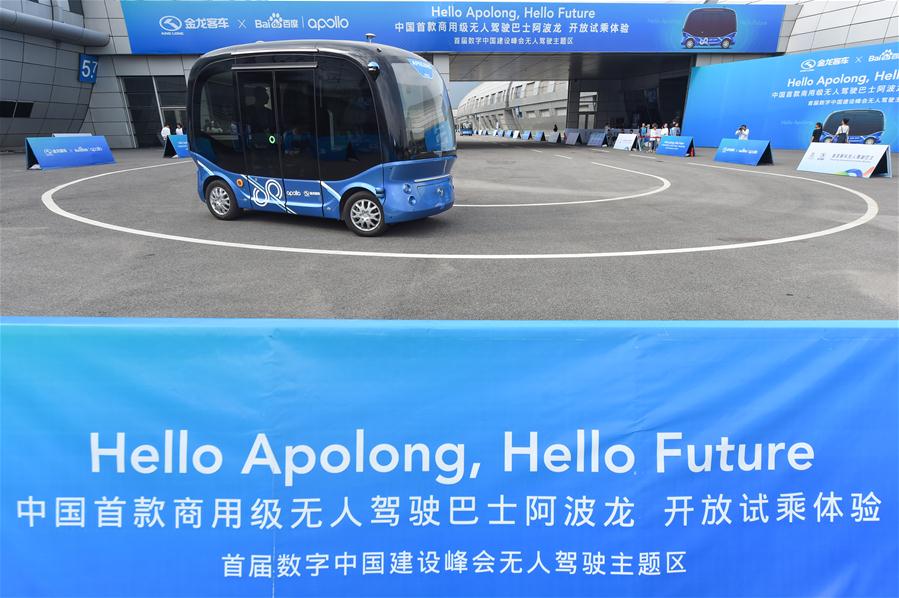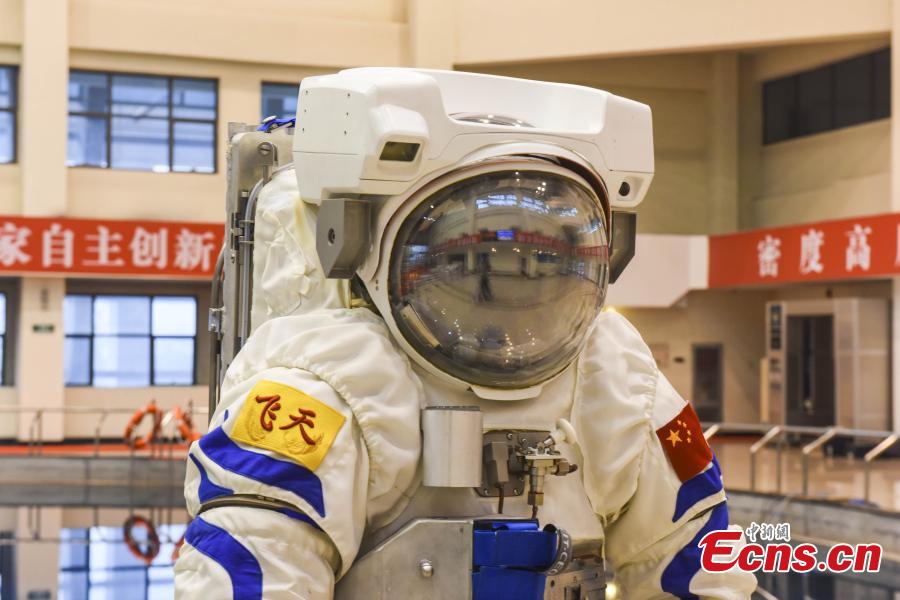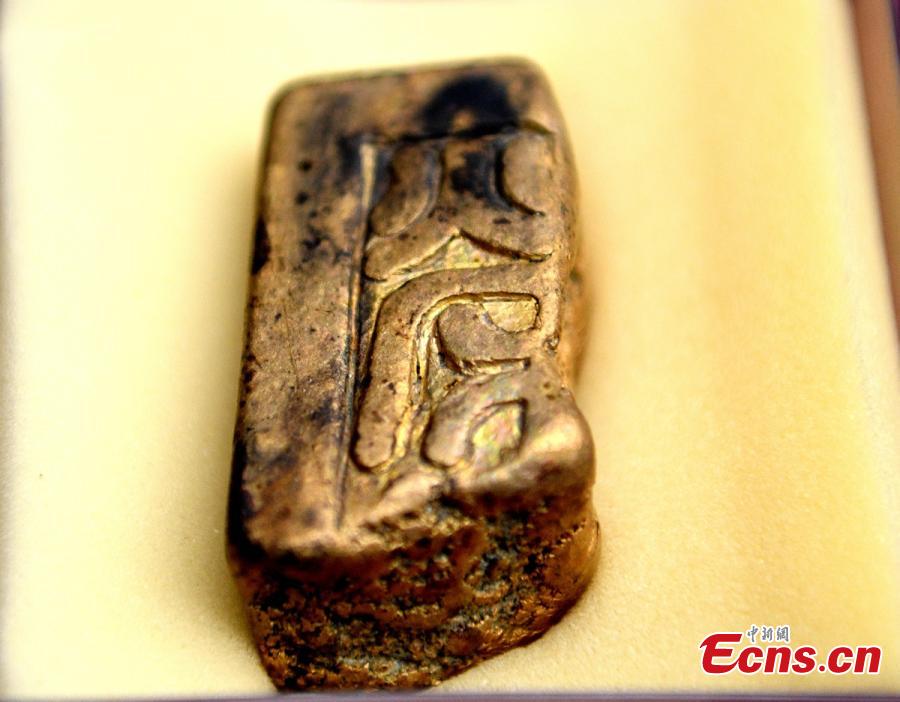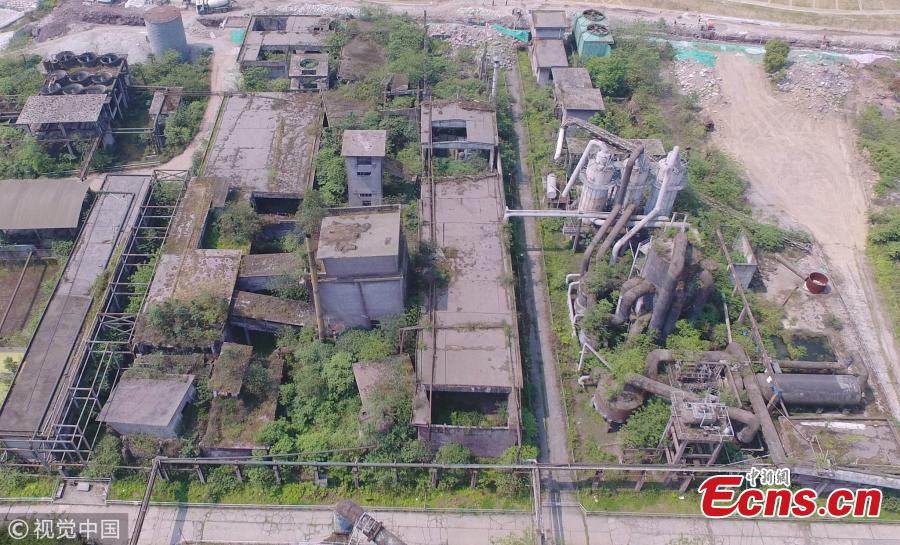Chinese companies well placed to offer solutions tailored to AI, cloud-based IoT
Artificial intelligence and the cloud-based internet of things are two major areas where China's homegrown chips have a good chance of competing with global players, industry experts said.
"In these two areas, we are roughly at the same position compared with the United States," said Zhang Jianfeng, chief technology officer of Alibaba Group Holding Ltd.
The remarks came after the internet giant announced on Friday its decision to buy out local chipmaker Hangzhou C-Sky Microsystems to help boost the nation's self-sufficiency in the sector.
"In light of the ongoing intelligence wave, companies who own enough data and run crucial AI-backed applications would have a competitive edge in producing smart chips," Zhang said.
Founded in 2001, C-Sky claims to be the only embedded CPU volume provider in China with its own instruction set architecture. The company has thus far shipped 700 million chips globally, said Li Chunqiang, the firm's vice-general manager.
According to Zhang, chips require constant technological updates as application scenarios evolve and expand over time. But industry heavyweights, such as Intel, need to take technological adaptability into consideration when designing new generations of chips, which could be a drag on efficiency.
"Therefore, latecomers such as Alibaba could circumvent legacies in traditional chipmaking to come up with an alternative solution tailored to the cloud-based IT environment. It's a new opportunity for Chinese companies," he said.
"Thanks to Alibaba's rich experience in application scenarios, we are in a good position to deeply integrate technology with real-life industrial needs to take chip design to the next level," said C-Sky's Li.
Besides, China's smart city initiatives, in which public utility facilities from water meters to parking lots are connected to the internet, are fueling the speedy rollout of smart chips, Zhang noted.
Experts said China should build its strength in chips used for neural network processing, which can be used in AI applications like image video analysis, machine learning and other scenarios.
"This type of chip is as important as the (traditional) semiconductor chip," said Han Yinhe, a professor at the Institute of Computing Technology at the Chinese Academy of Sciences.
It is because many real-world AI applications-from recognizing objects in images to understanding human speech-require a combination of different kinds of neural networks with different numbers of layers.
According to a national action plan on AI from 2018 to 2020, China has set a target to be able to mass produce neural network processing chips, robots that will make accomplishing daily tasks easier for disabled people, and machine learning that will help radiologists read X-ray scans.
Compared with previous transformational stages in information technology, China is riding the current AI wave at a fast speed, with chips being the critical technology to promote such development, said Yin Shouyi, an associate professor of microelectronics at Tsinghua University.
"China needs advanced hardware to bolster its pledge to become an innovator and world leader in AI," Yin said. "Chinese companies' devotion to the R&D of chips is conducive to its indigenous development."
"We need to get well prepared," Alibaba's Zhang said. "If we don't invest now, we are going to feel insecure regardless of resources, technology and efficiency in just a few years."















